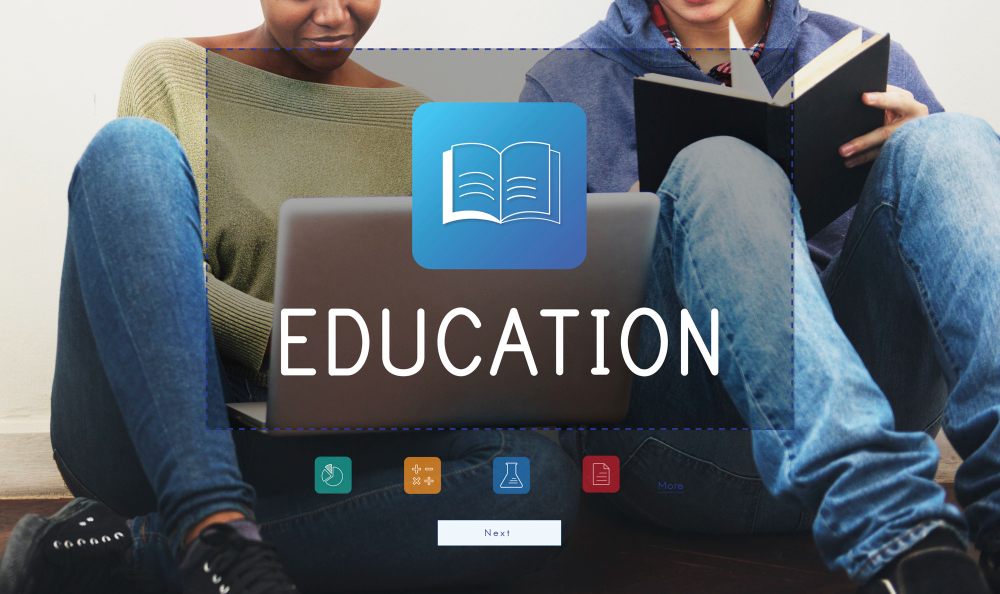
In an era where digital education is transforming lives, understanding the psychology behind effective online learning has never been more critical. The shift from traditional classrooms to virtual platforms has revolutionized education, making it accessible, flexible, and inclusive. However, what makes online learning truly effective? The answer lies in the cognitive and behavioral science that drives human learning.
The Science of Learning: How the Brain Adapts to Online Education
The human brain is wired for learning, but the effectiveness of that learning depends on how information is presented, absorbed, and retained. Online learning leverages key psychological principles such as:
- Cognitive Load Theory – The brain can only process a limited amount of information at a time. Online courses that use bite-sized lessons, interactive elements, and multimedia content help learners retain information better.
- Self-Determination Theory (SDT) – Motivation is crucial for learning. Online platforms that allow students to choose their courses, set their pace, and engage in interactive discussions enhance intrinsic motivation.
- Spaced Repetition & Active Recall – Studies show that reviewing information over spaced intervals strengthens memory. Platforms like BYJU’s and Unacademy use quizzes, flashcards, and gamified learning techniques to reinforce concepts.
- Social Learning Theory – Learning from peers, mentors, and role models enhances understanding. Collaborative projects, discussion forums, and live webinars bring human interaction into virtual education.
Real-Life Success Stories: Indians Who Leveraged Online Learning
The impact of online education in India is undeniable, with numerous individuals transforming their careers through digital learning platforms.
Vineet Kumar: From Small-Town Aspirant to Cybersecurity Expert
Vineet Kumar, an ethical hacker from Bihar, learned cybersecurity through online platforms and free digital courses. He later founded Cyber Peace Foundation, an organization dedicated to cyber safety awareness. His journey was recognized in various media outlets, and he has won several accolades, including the ‘National Youth Award’ for his contributions to cybersecurity education in India.
Ranjitsinh Disale: From Rural Teacher to Global Ed-Tech Innovator
A teacher from a small village in Maharashtra, Ranjitsinh Disale used digital tools to transform education for underprivileged students. His innovative use of QR-coded textbooks helped bridge learning gaps, a model later adopted by the Maharashtra government. Disale was honored with the Global Teacher Prize (2020), a prestigious $1 million award recognizing extraordinary educators worldwide.
Gaurav Munjal & Roman Saini: The Brains Behind Unacademy
Gaurav Munjal and Roman Saini, co-founders of Unacademy, reshaped India’s online learning landscape. Roman Saini, a former IAS officer, saw the potential of digital education to democratize learning. Today, Unacademy is a household name, empowering millions of students preparing for competitive exams. The platform has won numerous startup awards, including the Best EdTech Startup Award at the IAMAI Digital Awards.
Challenges and Solutions in Online Learning
Despite its advantages, online learning comes with its challenges, including lack of discipline, technical issues, and digital fatigue. However, effective psychological strategies can help overcome these hurdles:
- Building a Study Routine – Setting a fixed study schedule improves consistency and discipline.
- Engaging with Interactive Content – Videos, simulations, and virtual labs make learning engaging.
- Joining Online Communities – Connecting with peers through discussion forums and study groups fosters motivation.
- Mindfulness & Breaks – Practicing mindfulness techniques like meditation and taking short breaks can reduce screen fatigue.
The Future of Online Learning in India
With initiatives like Digital India and the National Education Policy (NEP) 2020, the government is actively promoting online education. Platforms like SWAYAM and NPTEL are providing free, high-quality courses to millions of learners. Moreover, collaborations between universities and ed-tech companies are paving the way for hybrid learning models.
Conclusion: A Revolution in Learning
The psychology behind effective online learning is deeply rooted in how the brain processes information and stays motivated. Success stories like Ranjitsinh Disale and Vineet Kumar prove that digital education, when approached correctly, can break barriers and create limitless opportunities. With the right strategies, online learning can not only enhance individual knowledge but also transform India’s education system for the better.
As India embraces digital learning, one thing is clear: the future of education is not just online—it’s psychological, interactive, and deeply personal.




